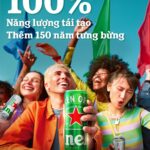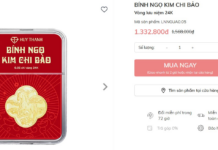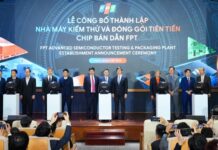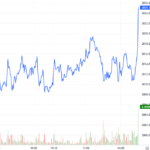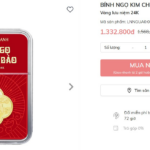It’s evident that Gen Z values unique, rare, and value-aligned possessions over expensive purchases. In other words, they’re investing in experiences and values, not just products. This generation prioritizes personal branding, self-expression, and individuality.
Jessica Lawrence, a fashion influencer and social media manager at Vogue Business, sheds light on this trend: “Young consumers are opting for sustainable and personalized wardrobes. While older generations may have worn and bought new items to follow trends, Gen Z focuses on pieces that align with their self-expression.”

Samira Larouci, a creative consultant for Vogue and Dazed, emphasizes the shift in luxury perceptions: “Inclusivity for Gen Z is like exclusivity for Millennials. A luxury label on an item is not enough to attract this generation. Old luxury clichés have been shattered by Gen Z.”
The rise of brands like Telfar exemplifies this change. With its direct-to-consumer model and the slogan “Not for you – For everyone,” Telfar sparked a frenzy with its “Bushwick Birkin” bag, retailing for $150–300, constantly selling out after social media features.
“A brand may not have the means to use the finest fabrics or source from the biggest factories, but their story—if authentic—can resonate far beyond famous labels. Transparency in storytelling is embraced more than unethical luxury,” says Larouci. Dior’s price-hiking and labor exploitation backlash exemplifies this value-based reaction.
Tata Consultancy Services’ research reveals that 84% of Gen Z and 73% of Millennial consumers are willing to spend more on sustainably and legally produced goods. This stems from Gen Z’s desire to be collectors, investing in pre-owned luxury items as a sustainable investment or tradable asset rather than following trends.
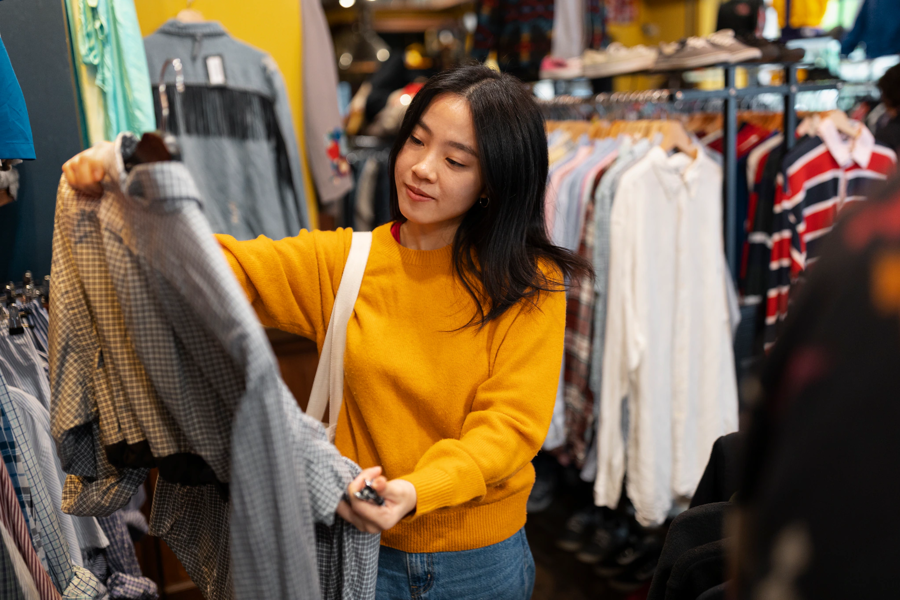
eBay’s entry into the luxury market showcases this shift. Its Luxury Exchange store in New York invites buyers to appraise and price luxury items, guiding future purchases from top brands like Bottega Veneta and Cartier. This introduces new concepts of experience, smart shopping, and transparency, reshaping the image of an online platform. It also indicates the willingness of luxury brands to collaborate with e-commerce platforms.
The luxury industry is also appealing to younger consumers by embracing emerging technologies and utilizing them to embody emerging values, such as transparency and inclusivity. LVMH, Prada, and Mercedes-Benz are employing blockchain technology to track product lifecycles, ensuring responsible production and supply and authenticating their items.
As per Fortune, luxury brands face a challenge as the new generation of consumers holds a distinct value system. To attract and retain them, fashion houses are moving beyond familiar luxury motifs, including accomplishments, prestige, and heritage, toward new values: inclusivity, sustainability, transparency, technology adoption, and circularity.
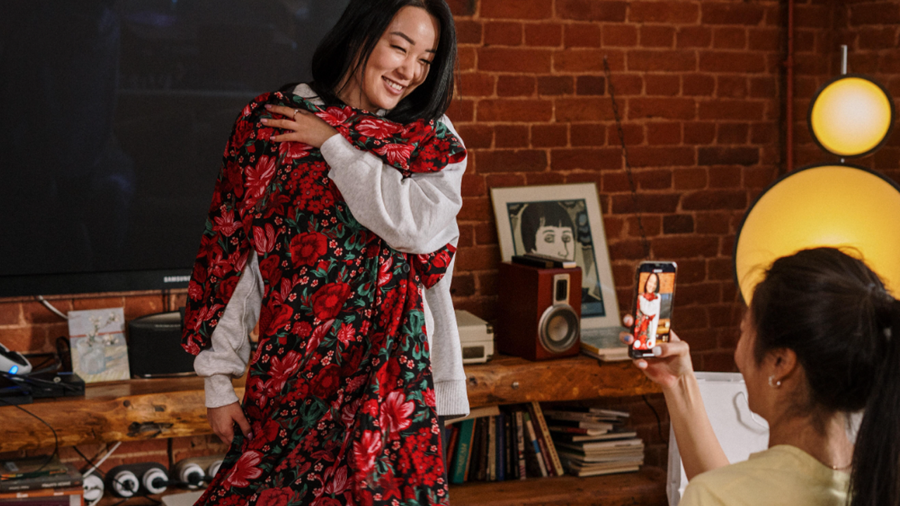
“Fashion is undergoing a massive shift. Trends are now emerging through platforms like TikTok, TV shows, and street style,” confirms Rati Sahi Levesque, CEO of The RealReal. This year, consumers prioritized sustainability, with 49% of members citing extending the lifespan of luxury goods as their primary reason for shopping on The RealReal.
Nearly a third (31%) of customers and 35% of consignors shared that since the pandemic, they’ve focused on “buying fewer but more special luxury items.” 78% of members shop on The RealReal for “value.” “They’re investing in quality, especially during economic uncertainty,” says Levesque.
For the second consecutive year, The RealReal observed an increase in both average order value and average selling price across all generations, with a rise of up to 14%. “More than ever, consumers are curating their wardrobes with an emphasis on uniqueness and long-term value,” shared Sahi Levesque.

Other brands opt for collaborations with prominent online retailers. For instance, Gucci, Burberry, and Stella McCartney have partnered with The RealReal to embrace the circular economy. These partnerships not only help authenticate products but also prevent brand dilution while enhancing transparency and trust in the resale market.
“SABECO and the Communist Youth Union Join Forces to Aid Northern Provinces in Post-Storm Recovery Efforts”
SABECO, or The Saigon Beer, Alcohol and Beverage Joint Stock Company, has extended its support to six northern provinces affected by Typhoon Yagi. In collaboration with the Ho Chi Minh Communist Youth Union (Central Committee), local authorities, and business and media partners, SABECO provided post-disaster relief to those in need.
The Art of IR: A Market Tier Upgrade Tale
IR (Investor Relations) is a critical function for publicly listed companies or those seeking to trade on stock exchanges. Fostering strong relationships with shareholders brings numerous benefits, including enhanced capital-raising abilities and future growth opportunities. Of paramount importance is transparency – the cornerstone of effective IR practices – which also serves as a key criterion for attracting investors in the context of Vietnam’s evolving stock market landscape.
“Livespo’s ESG 2025-2030: Forging a Sustainable Future”
With a strong commitment to sustainability, LiveSpo has embarked on an ambitious journey to integrate ESG (Environmental, Social, and Governance) factors into its business operations. This strategic initiative, spanning from 2025 to 2030, is a collaborative effort between LiveSpo, the Vietnam USAID IPSC (USAID Initiative for Private Sector Competitiveness) project, and FPT Digital.


